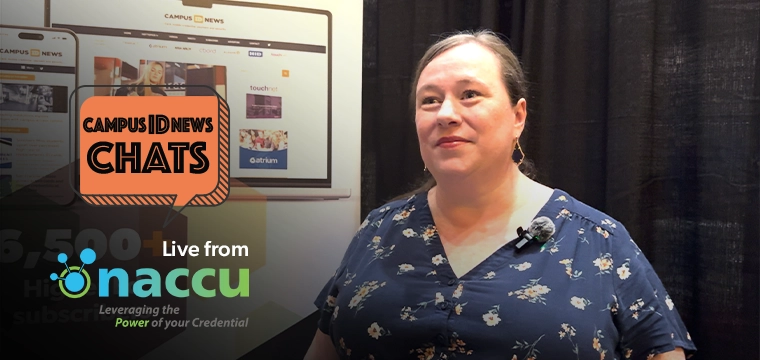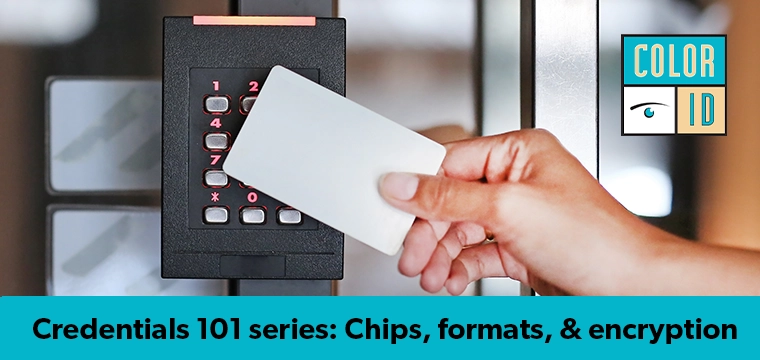
Gonzaga University trials phone-based payments on campus and around town
By Andy Williams, Contributing Editor
College students can be ideal test subjects for new technology, particularly if it’s “cool.” While programs testing near field communication are cropping up worldwide, until now the use of cell phones as a payment mechanism has rarely included colleges. Even though one or two universities have started to use contactless tags attached to cell phones, until Gonzaga University jumped into NFC earlier this year, this technology wasn’t evident among collegians.
Now, U.S. Bank, MasterCard, USA Technologies and Nokia are all contributing to a pilot that started in Gonzaga’s hometown, Spokane, Wash., and expanded to include the university.
Gonzaga, a private, four-year school founded in 1887 and named after a 16th century Italian Jesuit who died trying to save young people from the plague, has about 5,400 students in 92 undergraduate and 21 graduate programs. Gonzaga’s campus is situated on 108 acres along the Spokane River, within a 10-minute walk of the city’s downtown.
For now, phones equipped with NFC that enable the devices to double as a payment medium can only be used at vending machines at Gonzaga.
“Gonzaga is a partner of U. S. Bank, and we have a branch on campus, and when we looked at the Spokane market and what was happening there, we felt the demographic at the college fit well,” says Dominic Venturo, chief innovation officer for retail payments at the bank. By demographic, he’s referring to those who are extensive users of text messaging and cell phones. This user base “tends to skew towards a younger audience,” he says.
John McLaughlin, vice president of business development and strategic relationships for USA Technologies, agrees. “I’m 48. In my demographic, I’m not going to run out and get an NFC phone, but the younger people will want one,” he says. “And the demographic for cell phones is the same demographic for vending, so it’s perfect.”
Bob Merkert, USA’s business development manager who is in charge of the NFC/Gonzaga deployment, says the company retrofitted 10 vending machines to accept NFC payments. There are also another 60 or 70 units around the community delivering snacks and soda. “U.S. Bank contacted us and asked if we could get touch points in and around the school,” Merkert says. “All we had to do was retrofit the readers.”
All USA Technologies readers that come out of its Malvern, Pa., plant have contactless capability with the 14443A and B contactless standard, says Merkert.
McLaughlin says USA Technologies has been an active participant in MasterCard PayPass over the past 12 to 18 months and that the payments company has “funded nearly $7 million in devices that are mag stripe, contactless and NFC-capable,” he adds, “USA Technologies is laying this tremendous infrastructure for NFC-enabled devices.”
USA doesn’t own the machines, they’re owned by individual operators. “We’ve deployed 18,500 readers, all contactless, NFC and mag stripe equipped within the last 18 months,” McLaughlin says. He believes cellular companies want to produce NFC-capable phones and that vending could be a very nice purchase point for consumers.
One advantage of NFC/contactless readers is that they require less maintenance because “there are no moving parts, but, more importantly for the vending machine operator, he doesn’t have to collect cash as often from the machines,” says Merkert. “We feel the unattended vending area is one area still with an abundance of cash that we’re looking to remove.”
U.S. Bank also served as a focal point for getting the word out about NFC and distributing the devices. “We used our branch as sort of the information stop so that people who needed to pick up a phone who couldn’t attend the kickoff event could do so. We showed them how NFC works - how it reads what’s embedded in a poster. These were done just for demonstration purposes,” since the Gonzaga trial only covers vending machines, says Venturo.
Unlike other trials, there was no set limit on the number of people participating. “We went out to existing credit card customers and invited them,” says Venturo. He declined, however, to give the actual number of people participating. “We wanted the ability to use the card-based payments with vending machines where you can swipe or use a contactless card. We wanted to see whether it does or doesn’t work with a phone.
“We provided the phone and we transferred all contact info from their current phone,” adds Venturo. “We took the SIM card from their phone and personalized it giving it payments functionality.”
“All we’ve done is give them the handset. The responsibility for their wireless carrier is still the same,” says Venturo. “We did provide a marketing subsidy because in order to participate they have to receive data to their devices. We’re giving them a credit (to offset the extra charges users might incur to receive the payment data) because the consumer’s mobile bill is their mobile bill.” Feedback from participants so far has “been very positive,” he adds.
David Lindsay, Gonzaga’s director of student activities, agrees. He says that from what he’s seen and the students he has talked to, they “like having the convenience of using one tool. I think students could really grow with this technology.”
Adding to the coolness factor, which can excite college students, are NFC’s other capabilities. “We also showed the future of NFC relative to mobile devices. For example, the folks from Nokia demonstrated a digital picture frame. When you take a picture with your camera phone the challenge is what to do with it. Nokia showed that you could use an NFC phone to transmit that picture to a digital picture frame,” says Venturo.
Another demo that fit in nicely with the demographic was how MP3 songs on a person’s cell phone could be played wirelessly via NFC-enabled tags affixed to external speakers. “The phone,” says Venturo, “could connect to the speakers wirelessly by simply tapping the NFC tag.”
Venturo could not say whether similar NFC trials would be implemented at other colleges where U.S. Bank has a partnership. “Our goal with this pilot is to test the technology and understand how it works in a real world environment with real world consumers. We’re very much interested in getting that knowledge base collected so we can decide what to do next,” he says. The six-month trial is expected to end in July.
On a more traditional level, U.S. Bank established a Web site that NFC users could access to provide them with all the merchant locations in Spokane that accept NFC payments, says Venturo.
NFC, Lindsay adds, provides another promotional tool the university can use to educate students about upcoming events. “I think we as an institution could really grow our advertising. I was impressed by this capability.
“We’ve talked about the possibility of placing chips in posters for events at the university where students could tap at the ‘tap zone’ and receive additional information. We thought we could really grow the amount of information we could provide to our students,” says Lindsay.
As to NFC’s future at Gonzaga, Lindsay is already looking at the possibility of eventually incorporating the technology into other student activities. “Our continuing participation would hinge on working out technical details with the software that our food service provider, Sodexo, uses as we could really expand the applicability of the technology on our campus,” he says.
While the Gonzaga trial “was not linked in any way to campus ID cards,” Venturo says it’s something that could be included down the road. “It offers us a lot of capabilities.”




